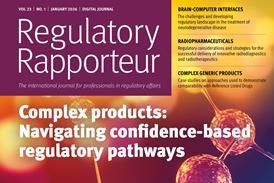A review of Project Orbis: An initiative enabling faster patient access to cancer therapies

Project Orbis was initiated on 17 September 2019 by the US FDA to provide a framework for the concurrent submission and review of innovative oncology products among international regulatory authorities. The focus of the initiative is on high impact cancer treatments targeting unmet needs or providing significant benefit over existing therapies. The agencies participating in Project Orbis include Australia (TGA), Canada (Health Canada), the UK (MHRA), Japan (PDMA), Singapore (HSA) and Brazil (ANVISA).
This list continues to expand. By participating in Project Orbis, other regulatory authorities can benefit by sharing information and collaborating so that treatments can receive speedier approvals in countries other than the US. All participation is voluntary and there are no requirements that labeling or indications must match between the authorities. In the first 12 months of the project, 38 approvals were granted from multiple regulatory authorities.
How to read this journal article
Thank you for visiting Regulatory Rapporteur. Journal articles are restricted to TOPRA members and registered users.
If you are a TOPRA member, or have already registered for limited free access, log in now (Option 1 below).
Not yet a member? You can either join TOPRA (Option 2 below) or register to view limited content for free (Option 3 below).




















